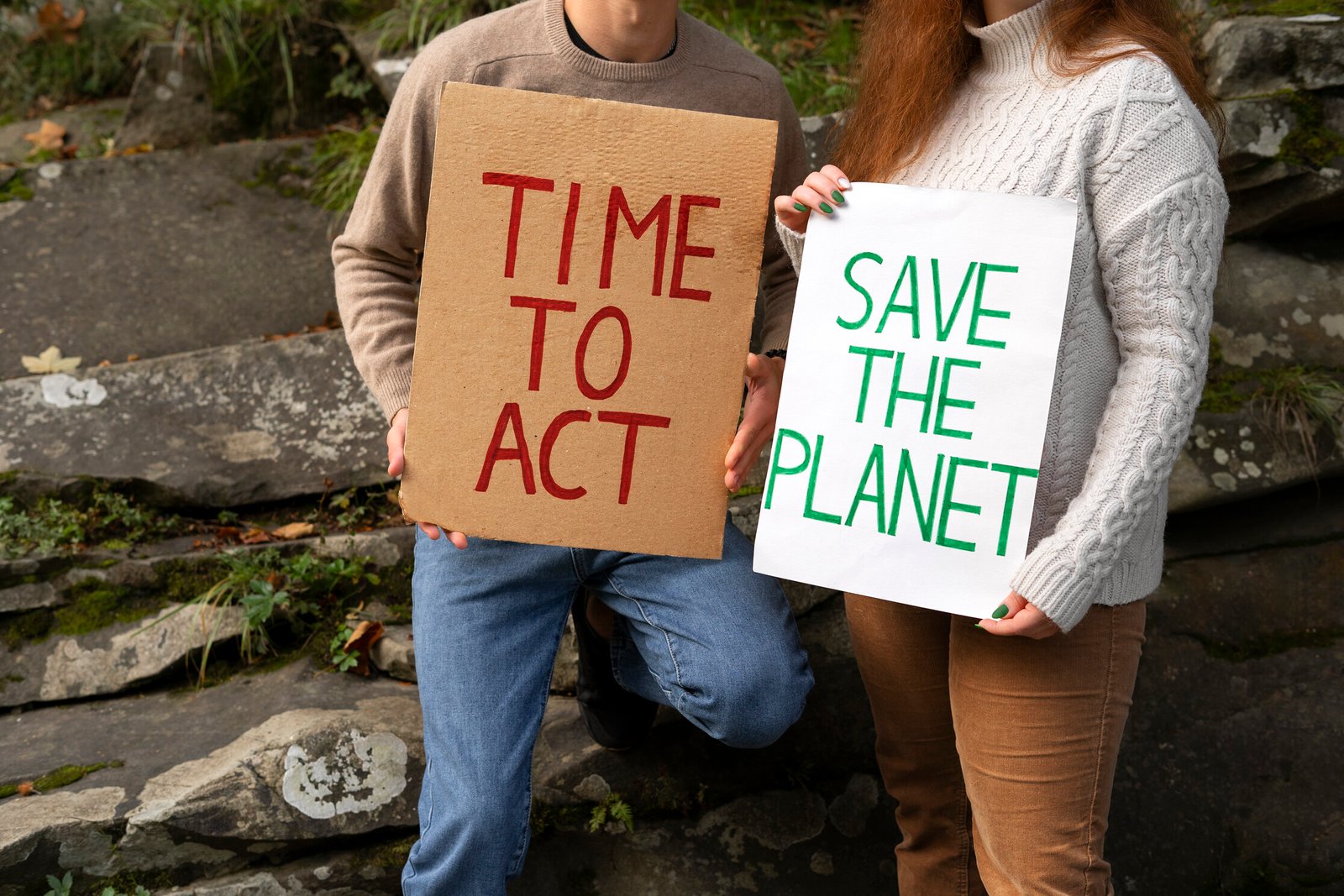The Role of Religion in Addressing Climate Change
Religion has long played a significant role in shaping human values, beliefs, and behaviors. It provides a framework for understanding our place in the world and guides our moral and ethical decisions. In recent years, religion has increasingly become intertwined with the global movement to address climate change.
Many religious traditions emphasize the stewardship of the Earth and the responsibility to care for God’s creation. These teachings often highlight the interconnectedness of all living beings and the importance of preserving the natural world for future generations. As such, religious communities have begun to engage in climate change activism, working towards sustainable practices and advocating for policies that protect the environment.
Religious Environmentalism: A Growing Movement
The concept of religious environmentalism has gained traction in recent years. It refers to the integration of environmental concerns into religious teachings and practices. This movement recognizes the urgency of addressing climate change and the need for collective action.
Religious environmentalism is not limited to a particular faith tradition. It encompasses a diverse range of religious groups, including Christians, Muslims, Buddhists, Hindus, and others. Each tradition brings its unique perspective and teachings to the table, enriching the dialogue on climate change and inspiring action.
Collaboration between Religious and Environmental Organizations
Religious organizations have increasingly formed partnerships with environmental groups to address climate change. These collaborations leverage the moral authority and community networks of religious institutions to mobilize individuals and advocate for change.
One example of such collaboration is the Interfaith Power and Light (IPL) movement. IPL works with religious congregations to promote energy conservation, renewable energy, and environmental justice. By engaging with local communities, IPL has been successful in raising awareness about climate change and inspiring grassroots action.
Another initiative is the GreenFaith organization, which focuses on mobilizing religious leaders and communities to take action on climate change. GreenFaith provides resources and training to empower religious individuals to become environmental leaders within their communities.
Religious Activism and Climate Change Advocacy
Religious activists have also been instrumental in advocating for climate change policies at a national and international level. Their moral arguments and calls for justice have resonated with policymakers and the public alike.
For instance, Pope Francis’ encyclical “Laudato Si'” has been influential in shaping the global conversation on climate change. The document calls for urgent action to address environmental degradation and highlights the moral imperative of caring for the Earth and its inhabitants.
Similarly, Indigenous communities around the world, often guided by their spiritual beliefs, have been at the forefront of climate change activism. Their close connection to the land and their traditional ecological knowledge have contributed valuable insights to the movement.
The Power of Faith in Inspiring Change
Religion has the power to inspire individuals and communities to take action. It provides a sense of purpose, hope, and resilience in the face of daunting challenges like climate change.
By integrating environmental concerns into religious teachings, communities are encouraged to adopt sustainable practices and work towards a more just and equitable world. Religious leaders, in particular, play a crucial role in shaping attitudes and behaviors, guiding their congregations towards environmental stewardship.
Conclusion
The intersection of religion and climate change activism is a powerful force for positive change. Religious teachings and practices provide a moral compass and inspire individuals and communities to address the urgent challenges posed by climate change.
By collaborating with environmental organizations, advocating for policy change, and promoting sustainable practices, religious communities are making a significant impact in the fight against climate change. Their efforts serve as a reminder that addressing climate change requires a collective and inclusive approach, drawing on the wisdom and values of diverse faith traditions.



































